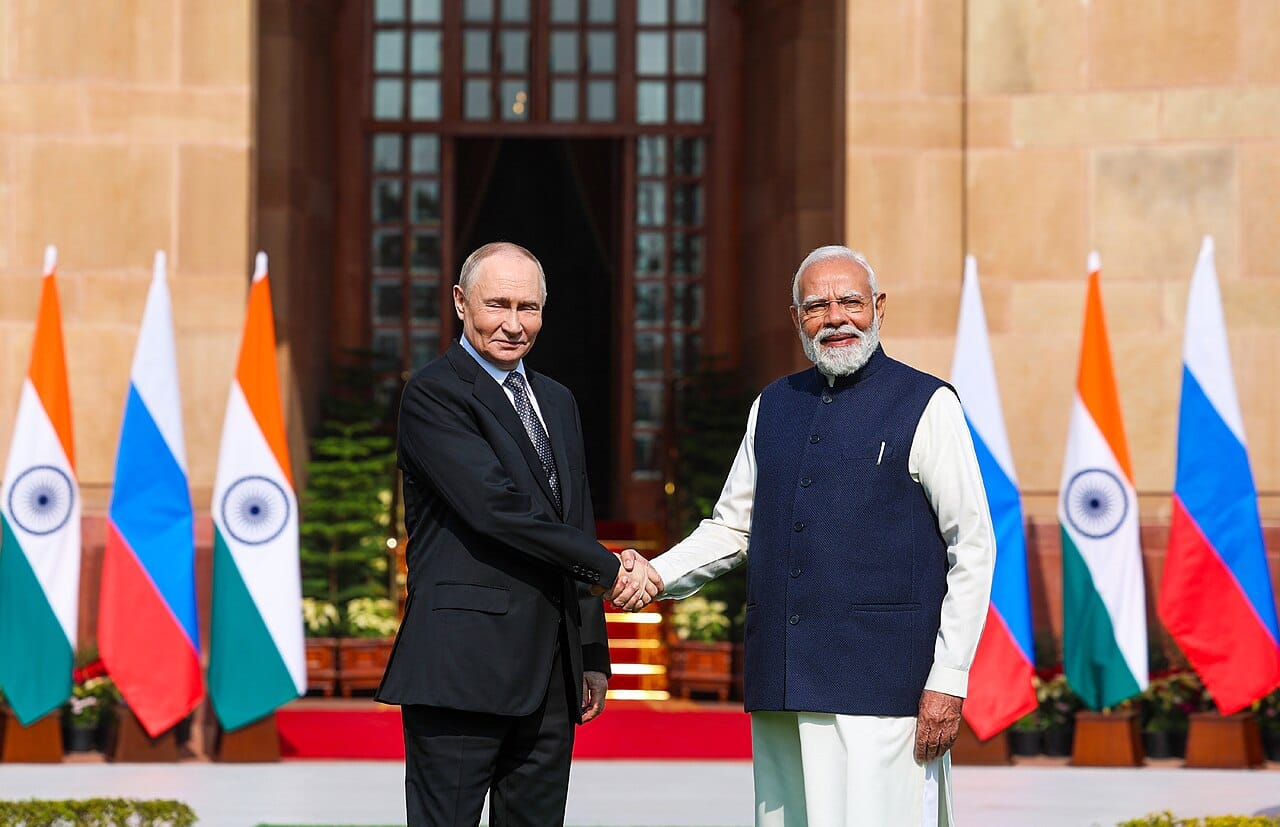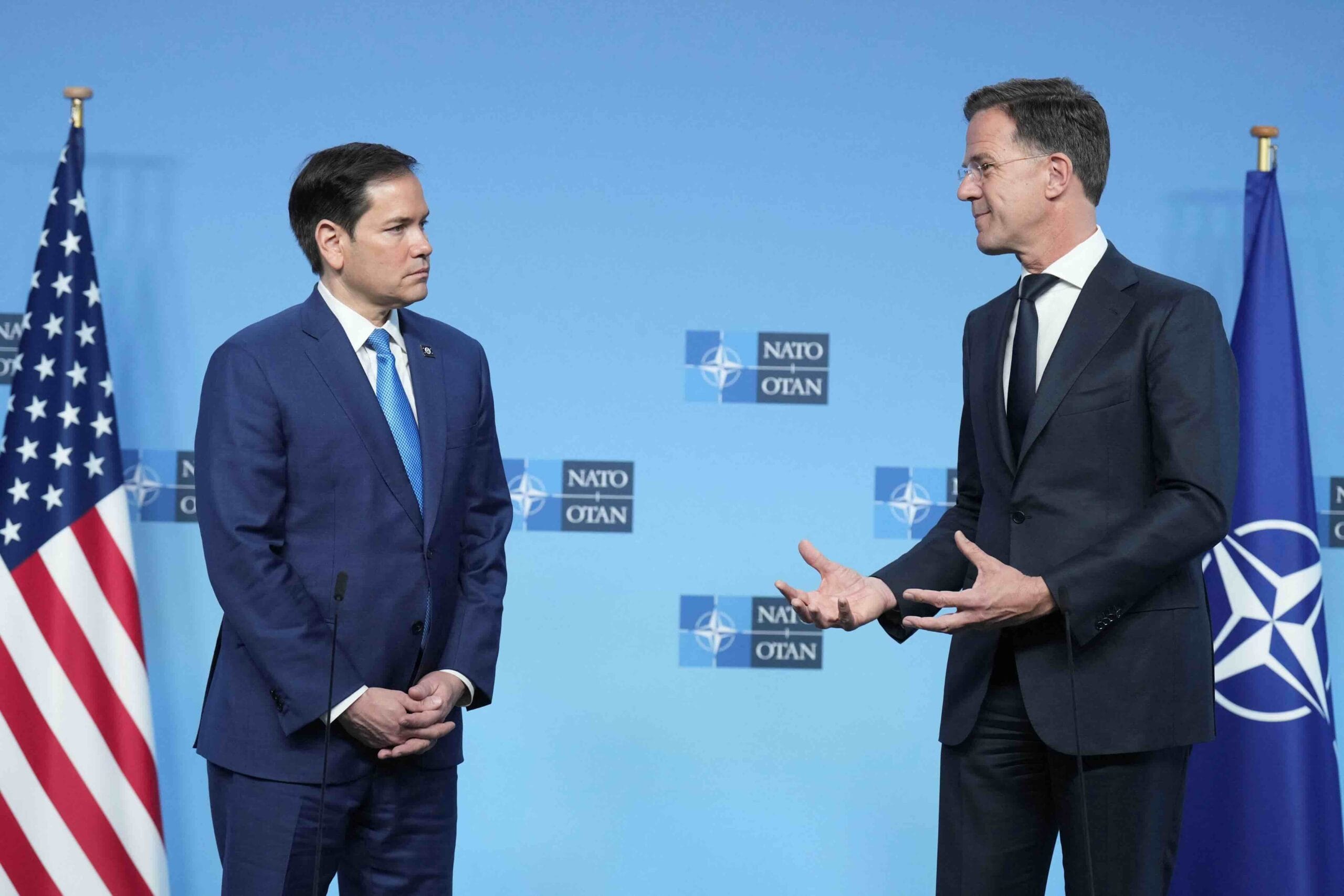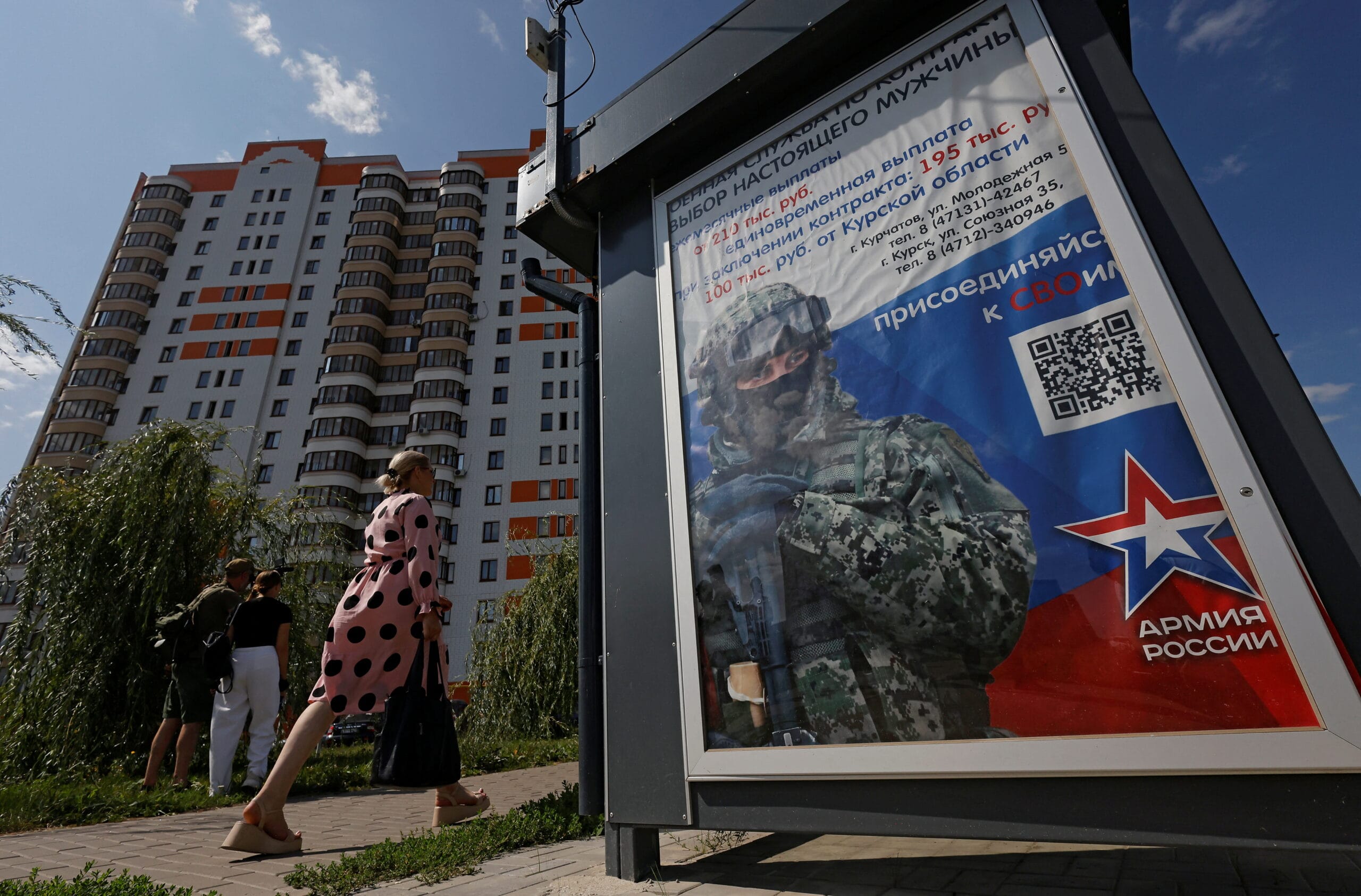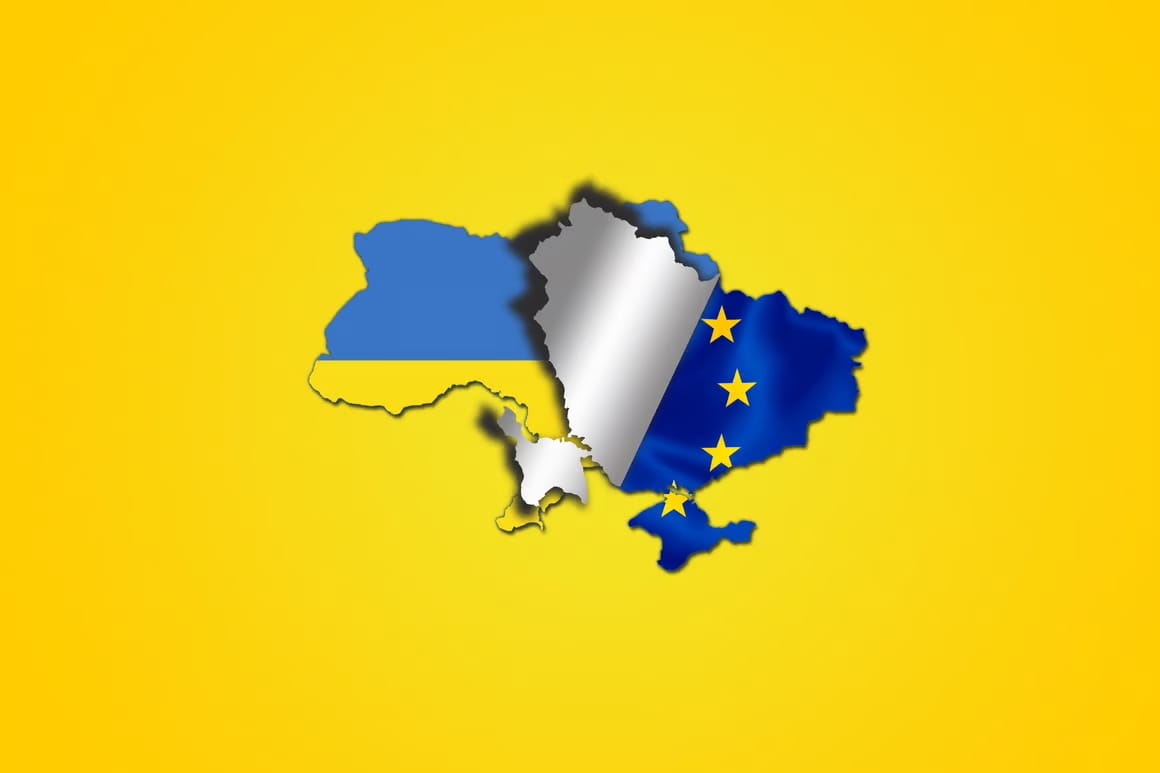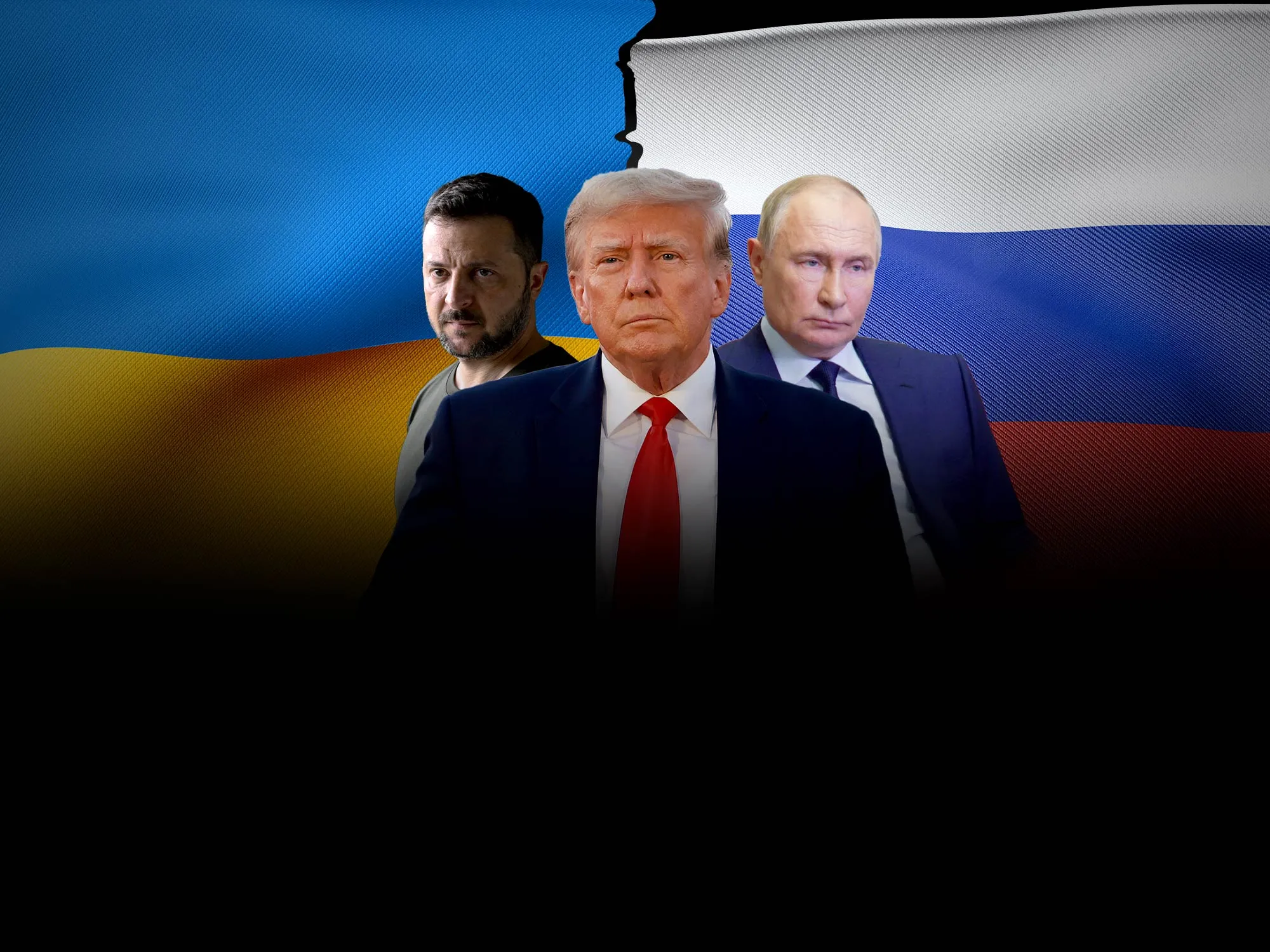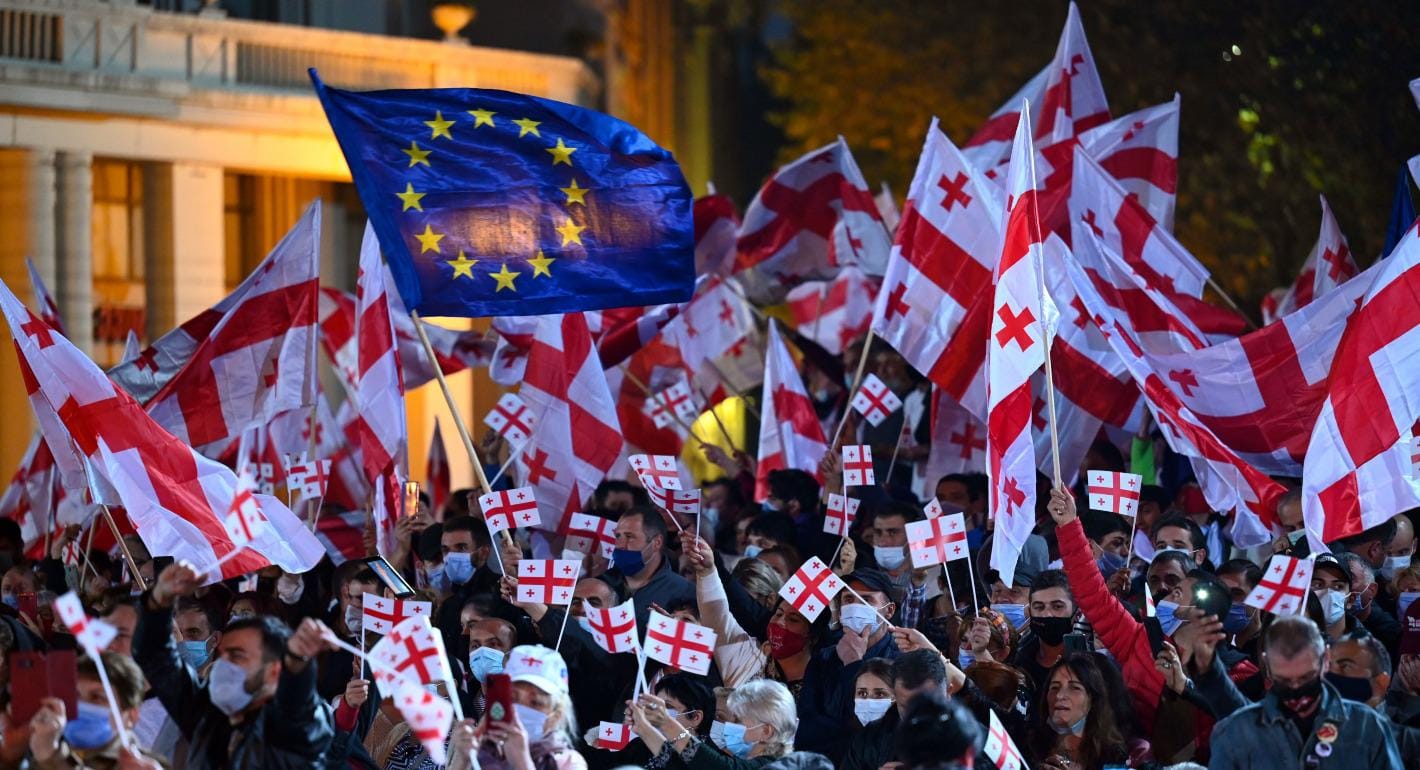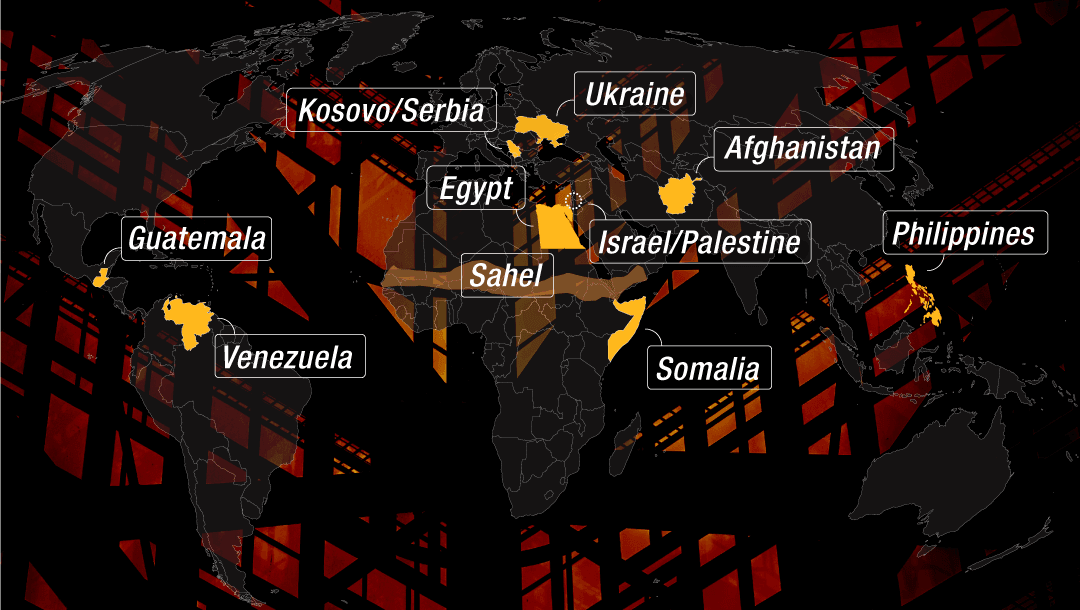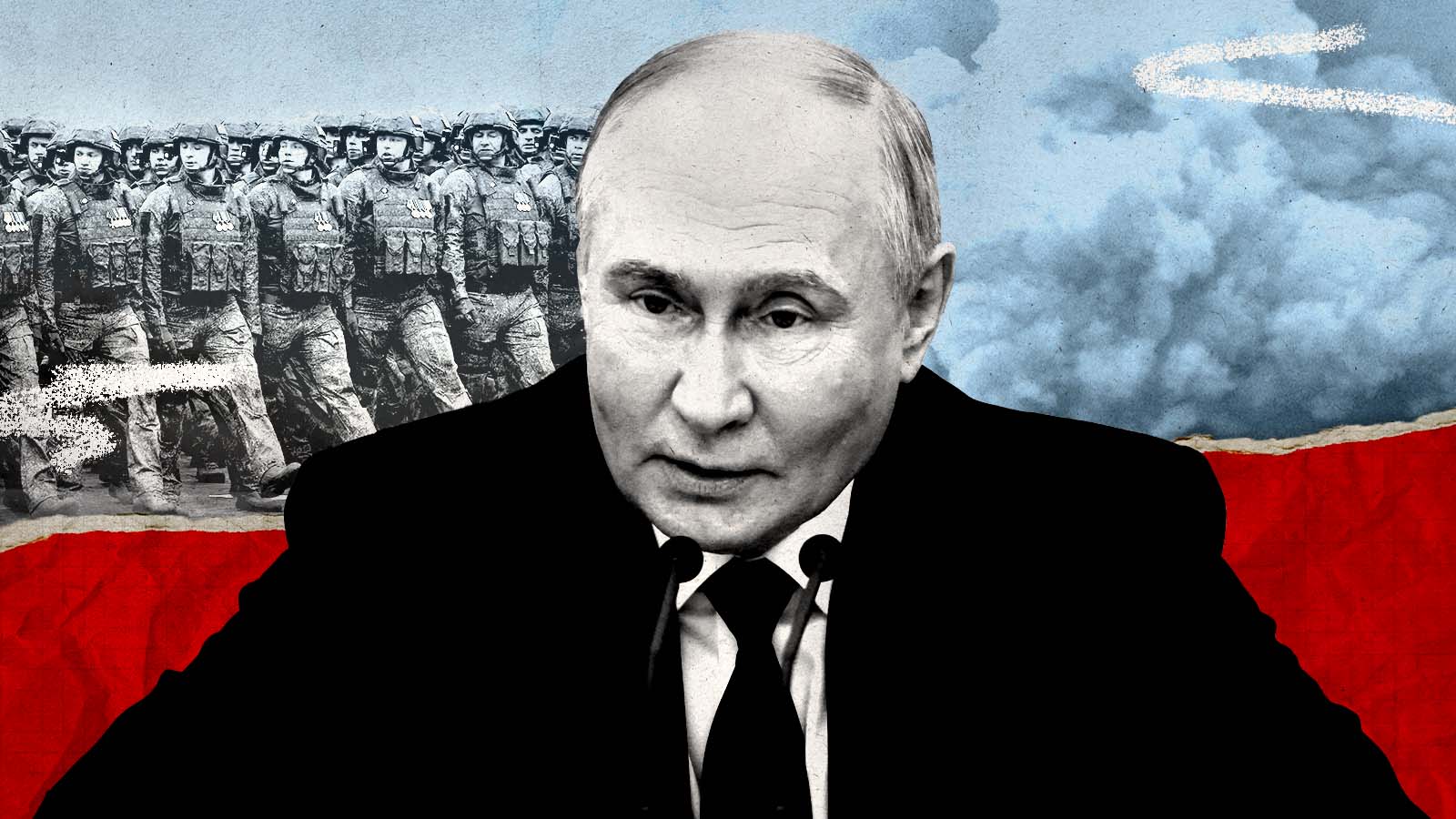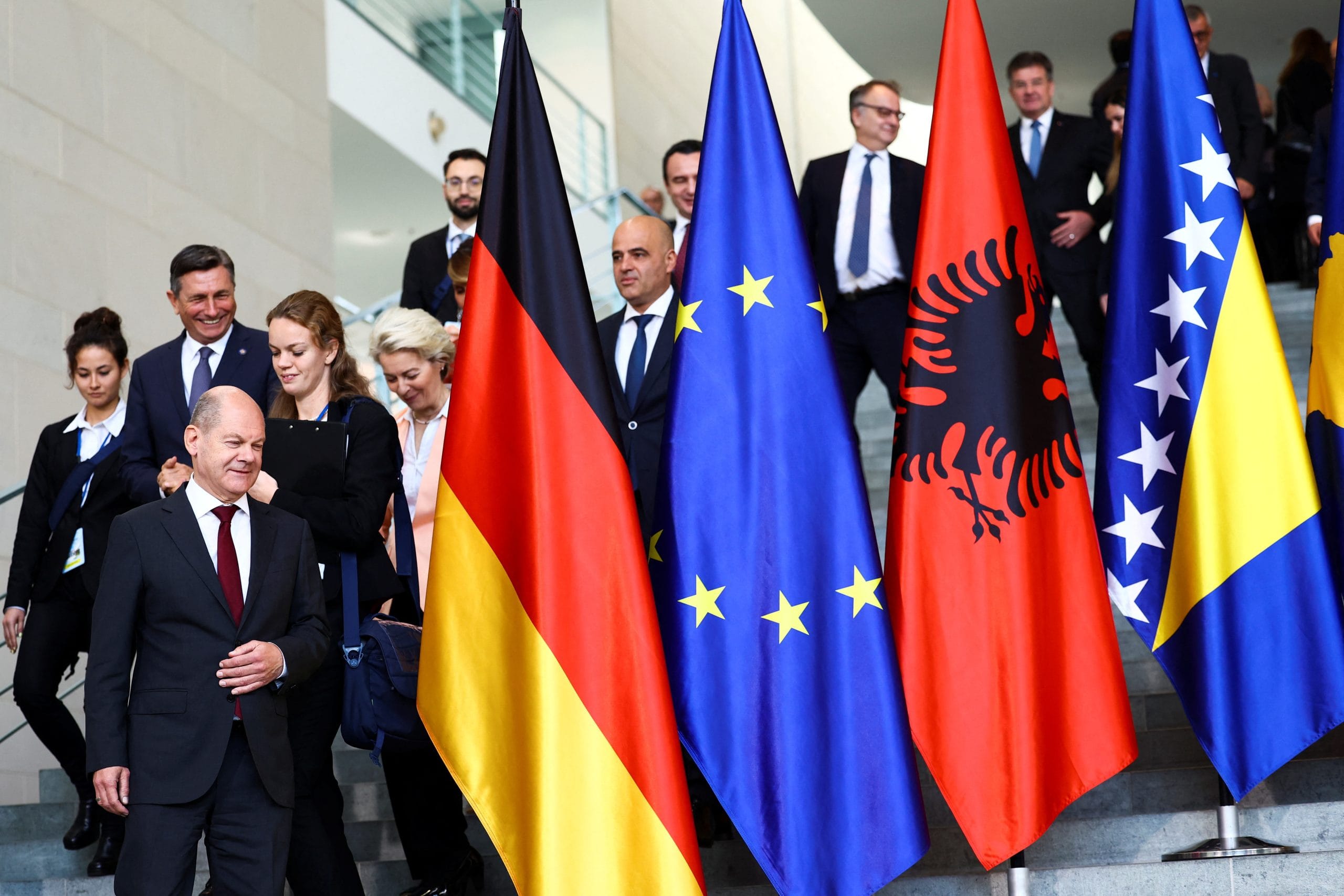The recent two-day visit of Russian President Vladimir Putin to India, culminating in a joint media briefing with Prime Minister Narendra Modi in Delhi, underscored the enduring strength of the India-Russia strategic partnership. This high-profile summit, held against the volatile backdrop of the Ukraine conflict and mounting Western pressure on Delhi, served as a powerful testament to the multifaceted cooperation between the two nations, particularly in energy, trade and defence.
Tag: Ukraine
The Hinge in American Transatlantic Defence
Over the past three years, the transatlantic alliance has demonstrated considerable cohesion in evolving geopolitical dynamics and shifting domestic priorities. The alliance has demonstrated considerable cohesion by delivering substantial military aid, enforcing strict economic sanctions, and contributing over €185 billion in support of Ukraine. Yet, as Russian aggression persists and public support in parts of Europe diminishes, the strategic landscape has changed with a potential return of a Trump. Under this emerging paradigm, the U.S. strategy has anticipated a pivot away from military engagement and extensive financial assistance to Ukraine and press European partners to assume a larger share of the defence burden.
Is Russia’s Economy Slowing or Stalling?
Data released on Wednesday will help answer an important question: is Russia’s economy slowing or stalling? In the three years since the country invaded Ukraine, its economy has held up better than most observers had expected. Unemployment fell to just 2%. GDP growth has been decent due to oil exports, which were strong despite Western sanctions. Russian consumers benefited from the knock-on effects of an enormous boost to spending on defence, welfare and infrastructure. But that could now be changing. In late 2024 the West tightened its financial infrastructure and oil trade.
The Price of Europe’s Support for Ukraine
The war’s origins trace back to 2014 when Russia annexed Crimea following pro-EU protests in Kyiv, which led to conflict between Russian-backed separatists and Ukrainian forces in Donetsk and Luhansk. Tensions escalated in late 2021 as Russia massed troops near Ukraine’s borders, demanding security guarantees from NATO. When diplomatic efforts failed, Russia launched a full-scale invasion on February 24, 2022, citing security concerns and alleged persecution of Russian speakers. Initial assaults targeted Kyiv, but after failing to seize the capital, Russian forces withdrew in April, refocusing their offensive on eastern and southern Ukraine, where as of 2024, they occupy around 20% of Ukraine, having gained over 4,000 square kilometres.
Trump to Mediate Peace between Russia and Ukraine
Nobody expects Donald Trump to end the Ukraine war in 24 hours, as he has claimed he could in the past. However, the new administration, which takes office on January 20th, is highly invested in bringing both sides to the negotiating a peace deal. But even that may prove difficult. In an Interview on December 30th the Russian foreign minister, Sergei Lavrov, slammed leaked proposals from Trump’s team for a peace deal. Putin, who believes Russia is winning, has given no sign of retreating from his maximalist goals.
Constitutional Crisis in Georgia
On New Year’s Eve demonstrators in Tbilisi, Georgia’s capital, held a supra (a traditional feast) outside the parliament. They were not only welcoming in 2025 but expressing, yet again, their outrage at the ruling Georgian Dream party. In November, after winning a dodgy election, it halted EU-accession talks. The protestors, who will probably assemble for a 36th consecutive day on Thursday despite attempts to dissuade them with beatings, water cannon and tear gas, want a fresh vote to get Georgia back on a pro-Western track.
AI earn its Developers a Nobel Prize in Chemistry
It has been a big year for artificial intelligence models. For the first time ever, insights enabled by an AI model were deemed sufficiently significant to earn its developers one of the highest accolades in science: the Nobel prize in chemistry. The award jointly honoured the use of AI for protein-structure prediction and protein design. Innovations that underpin machine learning, meanwhile, were awarded the physics prize. Geoffrey Hinton, one of the winners, mused that by assisting mental labour, generative AI might have as big an effect on society as the industrial revolution did by assisting physical labour.
2024 in Review: A Roundup of all Ongoing Conflicts
In April 2023 civil war broke out between Sudan’s national army and the Rapid Support Forces, a paramilitary group. The conflict has caused a catastrophic humanitarian crisis: so far almost 30% of the country’s pre-war population of 50 million has been displaced. As 2024 began the RSF appeared to have upper hand. It had taken over much of Khartoum, the capital. Meanwhile almost all of Darfur, in the west, was under its control, though the army clung on to el-Fasher, the regional capital. The RSF’s leader, Muhammad Hamdan Dagalo even embarked on a triumphant tour of African capitals.
This Year, Putin’s Way
On Thursday Vladimir Putin hosts his annual press conference, in which he answers softball questions about the year’s achivements at great length. Russia’s president may be cheerful. His forces continue to progress in eastern Ukraine, albeit at a cost of many men. And Donald Trump’s victory might provide a boon. Many people think he will keep his promise to end the war swiftly by imposing a bad deal on Ukraine. Still, the Russian president has plenty of problems.
EU Ambitions in the Western Balkans
On Wednesday leaders from the six western Balkan countries hoping to join the European Union meet their counterparts from the bloc’s member states. They will discuss the EU’s “growth plan”, which aims to absorb the countries into individual aspects of the union, such as its single market, before they become full members. The region’s accession process began in 2003 but has generally slowed. Bulgaria, already an EU member, is blocking North Macedonia; Serbia’s dispute with Kosovo, its former province, hampers the accession of both; and Bosnia’s Serb leadership is more interested in destroying Bosnia-Herzegovina as a state than joining the EU.
